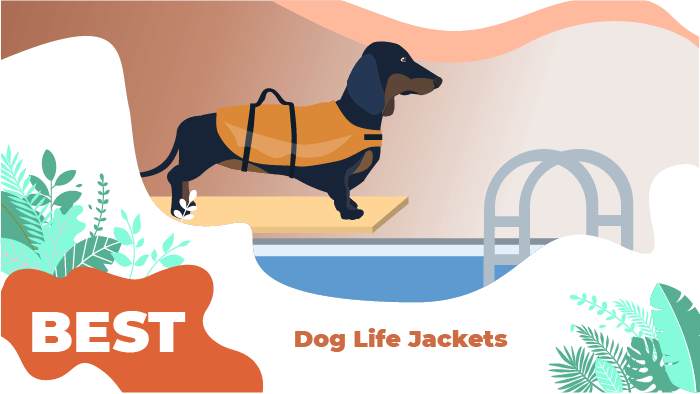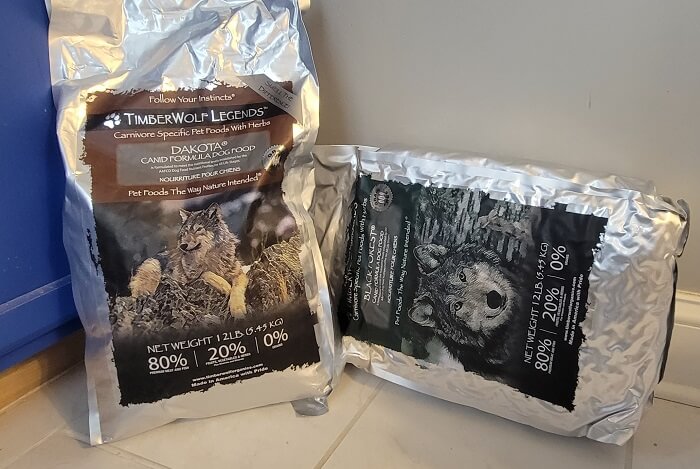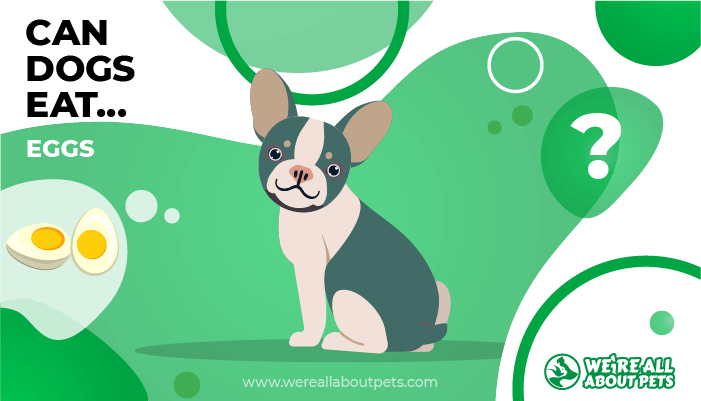Can Dogs Eat Cantaloupe?
This page contains affiliate links. We may earn money or products from the companies mentioned in this post through our independently chosen links, which earn us a commission. Learn More
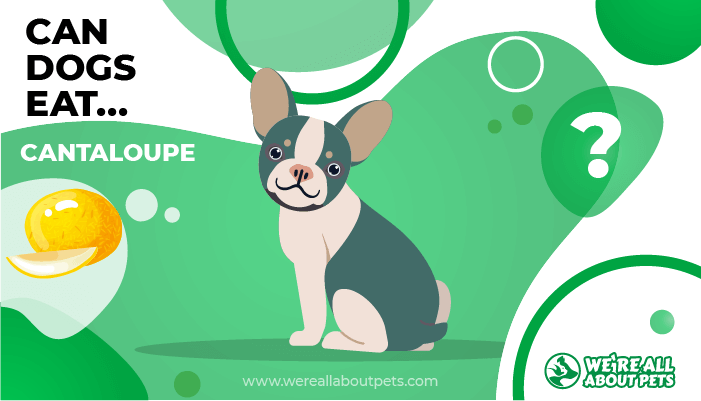
You may not automatically associate cantaloupes (also known as musk melons, rock melons, and sweet melons) with dogs but these juicy, sweet melons are a favorite with some canines. Can dogs eat cantaloupe?
Or should you give your dog cantaloupe? For the most part, yes. The orange flesh of the cantaloupe is safe for dogs to eat. Of course, there are some things you should know before you start dishing it out to your dog!
Keep reading to learn more about cantaloupe and your dog’s health.
Cantaloupe Nutrition Stats
The nutritional information provided here is for one cup of cantaloupe (balls) which is 177 grams.
- Calories: 60.2 (3% daily value)
- Protein: 1.5 g (3% daily value)
- Carbohydrates: 15.6 g (5% daily value)
- Fat: 0.3g (1% daily value)
- Fiber: 1.6 g (6% daily value)
- Vitamin A: 5987 IU (120% daily value)
- Vitamin C: 65.0 mg (108% daily value)
- Vitamin E (Alpha Tocopherol): 0.1 mg (0% daily value)
- Vitamin K: 4.4 mcg (6% daily value)
- Manganese: 0.1 mg (4% daily value)
- Vitamin B6: 0.1 mg (6% daily value)
- Phosphorus: 26.5 mg (3% daily value)
- Copper: 0.1 mg (4% daily value)
- Sodium: 28.3 mg (1% daily value)
- Zinc: 0.3 mg (2% daily value)
- Selenium: 0.7 mcg (1% daily value)
- Thiamin: 0.1% mg (5% daily value)
- Folate: 37.2 mcg (9% daily value)
- Pantothenic Acid: 0.2 mg (2% daily value)
- Sugars: 13.9 g
- Potassium: 473 mg (14% daily value)
- Calcium: 15.9 mg (2% daily value)
- Magnesium: 21.2mg (5% daily value)
- Niacin: 1.3 mg (6% daily value)
- Riboflavin: 0.0 mg (2% daily value)
- Iron: 0.4 mg (2% daily value)
- Fluoride: 1.8 mcg
- Choline: 13.5 mg
Cantaloupe contains 87 percent carbohydrates, 5 percent fats, and 8 percent protein .
Cantaloupe Nutritional Facts At A Glance

Cantaloupe is very high in vitamin A and C and it’s a good source of potassium. It’s also a good source of dietary fiber, niacin, vitamin B6, and folate.
Like many other fruits, berries, and melons (the cantaloupe is all three), it is high in sugar. This can make the cantaloupe problematic for diabetics but most people should be able to eat it without any trouble.
As with other orange fruits, the cantaloupe is loaded with beta-carotene. It has more beta-carotene than oranges, grapefruits, tangerines, mangoes, and most other fruits you can name. Studies show that cantaloupes have the same amount of beta-carotene as carrots.
Beta-carotene is converted in the body to vitamin A or it becomes a powerful antioxidant to fight free radicals that attack your cells. Vitamin A is necessary for your eye health, to promote healthy red blood cells, and to maintain a healthy immune system.
Cantaloupes are also loaded with vitamin C. Vitamin C helps your blood vessels, cartilage, muscles, and the collagen in your bones. It’s also thought to help shorten colds. Some research suggests that vitamin C may help fight asthma, cancer, and diabetes.
The folate (B9) in cantaloupes is known for helping to prevent some birth defects such as spinal bifida. It may also help reduce the risk of some cancers and lower the risk of memory loss associated with aging. However, too much folate may worsen late-stage cancers.
Cantaloupes are made up of almost 90 percent water. For this reason eating cantaloupe can be a wonderful way to stay hydrated, especially during hot weather. This can be especially beneficial for anyone with heart issues since good hydration keeps your heart from working as hard. Good hydration also helps the digestion, keeps your kidneys healthy, and is better for your blood pressure.
Cantaloupes is also a good source of potassium, an essential electrolyte mineral for the body. Potassium keeps the right water balance between your cells and the fluids in your body.
Cantaloupes also provide modest amounts of dietary fiber and many other vitamins and minerals.
Can Dogs Eat Cantaloupe?
Yes, dogs can eat cantaloupe in moderation. Even the seeds won’t hurt your dog, though it’s generally best to avoid them on the grounds that they could possibly be a choking hazard. (Some people roast them and eat them as snacks so they are not harmful.)
You should avoid giving your dog the outer rind of the cantaloupe. Like other melon rinds, the cantaloupe rind is hard and bitter compared to the soft interior flesh. It’s tough and fibrous. It is a real choking hazard. In addition, it could cause a gastrointestinal blockage. Eating the rind can also lead other problems in the digestive tract such as vomiting.
We recommend giving your dog a small amount of cantaloupe to start. Make sure that it agrees with his digestion before giving more.
Is Cantaloupe Good for Dogs?
Yes, eating cantaloupe can be good for dogs, just as it is for humans, and for many of the same reasons. It is low in calories and high in water content so it’s a good way for your dog to stay hydrated with a tasty, nutrient-rich fruit without gaining weight.
Vitamins A and C provide plenty of health benefits for dogs, especially as antioxidants capturing free radicals. In this role they can help slow the aging of cells and promote healthy cell function. This may help reduce the risk of some diseases. The water content and fiber in cantaloupes are good for your dog’s digestion which may help prevent constipation and other digestive problems.
Cantaloupes are high in sugar so if your dog is diabetic this might not be a good food for him to eat. You should consult your veterinarian.
How Much Cantaloupe Can Dogs Eat?
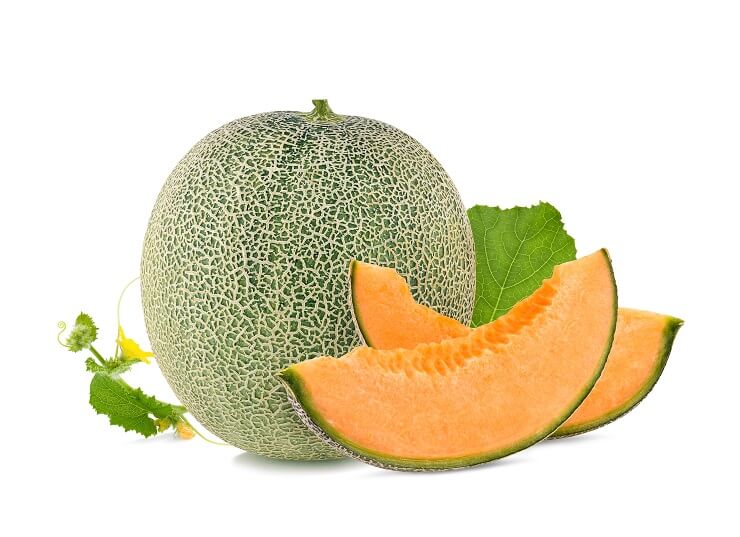
Too much of a good thing can be bad and that’s true of cantaloupes. Even though cantaloupes are low in calories, you probably shouldn’t give your dog 10 percent of his daily calories in cantaloupe.
One cup of cantaloupe (balled) is just 60 calories. You could theoretically give a 50-pound dog two whole cups of cantaloupe and still not quite reach 10 percent of his daily calorie requirements. (The daily calorie requirements for a 50-pound dog are about 1300 calories so such a dog could have 130 calories in treats and snacks.)
Eating too much cantaloupe can lead to loose stools, especially if your dog isn’t accustomed to the fruit. The fiber, sugar, and high water content can lead to diarrhea if your dog eats too much.
It’s best to give your dog a few pieces of cantaloupe to avoid any digestive tract problems.
Be aware that if you happen to grow cantaloupe in a garden, dogs will help themselves to this delicious melon. In some cases they can even eat several melons at one time. Be prepared for considerable poop clean-up for the next couple of days.
How Often Can Dogs Eat Cantaloupe?
You can give your dog a small amount of cantaloupe several times per week, if you wish, as long as you don’t give him too much in one day.
The Correct Diet Is Important
Dogs need to eat the correct diet for good health. All dogs need good quality protein and fat appropriate for their age, lifestyle, and health condition in order to thrive.
Most healthy dogs need the following things in their diet:
- Good Sources of Protein – Meat, fish, poultry, and eggs are all good sources of animal protein. Animal protein is generally easier for dogs to digest. The more accurately the protein is identified on the label, the better.
- Good Sources of Fat – Fat provides essential fatty acids (EFA) and helps distribute the fat soluble vitamins A, D, E, and K so your dog can absorb them easily.
- Named Ingredients – Named ingredients are usually better than generic ingredients. The more specific, the better, so you know precisely what your dog is eating.
- Low to Moderate Carbohydrates – Most experts recommend diets that contain low to moderate amounts of carbohydrates. Carbohydrates are not “bad” for dogs but they should not be used as a substitute for protein. Many carbs do double duty as dietary fiber and probiotics.
- Avoid Artificial Preservatives, Colors, and Sweeteners – Artificial preservatives and colors/dyes have been linked to some health problems in humans and animals. You should try to avoid these ingredients in dog foods.
- AAFCO – AAFCO is the Association of American Feed Control Officials. AAFCO sets voluntary standards for pet food labeling. Look for foods that have these minimum standards.
- Fresh Water – All dogs need access to fresh water unless they are ill or have some other reason to be temporarily kept away from water. For example, if you are house training your puppy, you can safely put away water overnight.
If your dog has health problems of any kind, please see a veterinarian for dietary advice. Regular diets may need to be adjusted. Your dog may not be able to eat some fruits and vegetables so ask your vet.
What Are Other Healthy Alternatives to Cantaloupe in a Dog’s Diet?
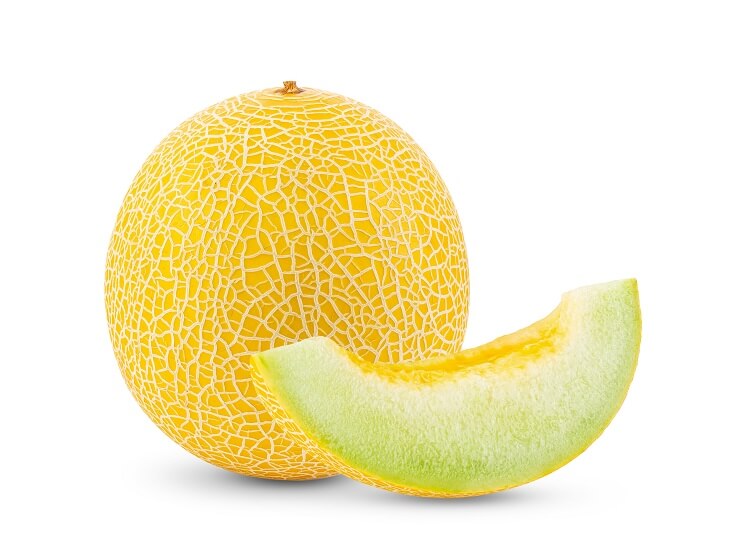
Cantaloupe makes a nice treat for your dog but there are many other healthy foods you can give your dog in small amounts.
You should consider these human foods as occasional treats. Check with your veterinarian if your dog has any health issues and you are concerned about giving any of these foods.
Remember that not all parts of a fruit or vegetable are safe for dogs in some cases.
- Apples
- Asparagus
- Avocados
- Bananas
- Bell pepper
- Broccoli
- Brussels sprouts
- Carrots
- Cauliflower
- Celery
- Cucumbers
- Green beans
- Mangos
- Oranges
- Parsnip
- Pears
- Pineapple
- Pumpkin
- Strawberries
- Summer squash
- Sweet potato
- Tomatoes
- Watermelon
- Zucchini
How Do You Give Your Dog Cantaloupe?
Cantaloupes are available year-round but they are usually best in the summer when they are fresh. To choose a ripe melon, look for one that is symmetrical and which feels heavy. It should be a creamy color with very little green. It should smell sweet. You should try to use it within three days of purchase.
The outer surface of the cantaloupe can contain harmful bacteria, such as Salmonella. Be sure to wash and scrub the melon before cutting it and consuming it. It should be refrigerated after cutting.
The most common way to give dogs cantaloupe is to slice some of the orange flesh from inside the melon and give it to the dog by hand or from a bowl.
Dogs also enjoy cantaloupe as a smoothie. Simply mix pieces of cantaloupe, yogurt, and a little honey in a food processor for a few seconds. You can also freeze this mixture in some ice cube trays so your dog can lick the cubes (outside) on a hot day.
You can also lightly roast cantaloupe to bring out the sweetness. Add it to your dog’s dinner.
Conclusion
Cantaloupes are low in calories, high in water content, and contain lots of vitamins A and C. They can make a very healthy treat for your dog, in moderation. Many dogs love these sweet melons. Some cantaloupe on a hot day can be the perfect healthy snack for your dog.






